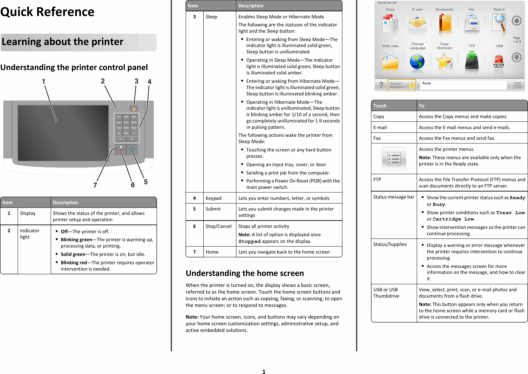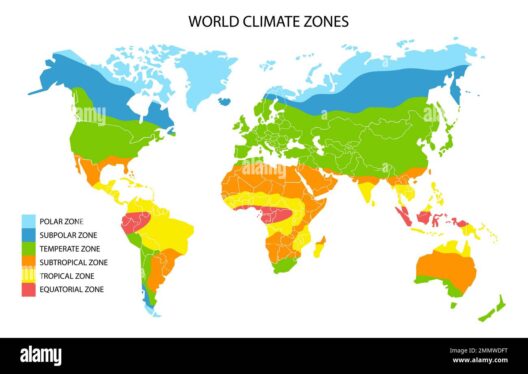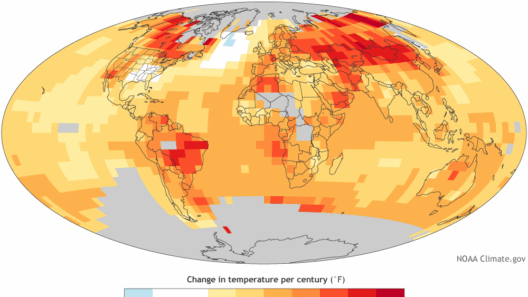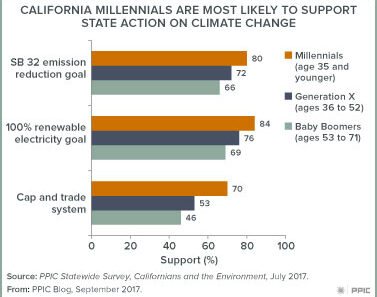Climate change is an omnipresent crisis that looms over our civilization like an uninvited guest. Its effects resonate across ecosystems, economies, and communities globally. As awareness of this issue escalates, it becomes critical to understand that your everyday choices play an indispensable role in this narrative. This essay delves into how your diet and transportation habits can be powerful levers in combating climate change and fostering a more sustainable future.
To comprehend the gravity of climate change, we must first grasp its fundamental mechanics. The Earth’s atmosphere is increasingly saturated with greenhouse gases, primarily carbon dioxide and methane, emitted through human activities such as fossil fuel burning, industrial processes, and land-use changes. Each of these gases traps heat in the atmosphere, contributing to a rise in global temperatures—a phenomenon known as global warming. This climactic shift leads to severe weather patterns, rising sea levels, and biodiversity loss, ultimately threatening human survival.
Yet, this may evoke a sense of helplessness. What can one individual do against such a colossal adversary? The answer lies within your grasp: your dietary choices and modes of transportation are pivotal in the fight against climate change.
Let’s explore the intricate relationship between diet and climate change. The global food system accounts for nearly a third of all greenhouse gas emissions. Animal agriculture, in particular, is a significant contributor. Ruminant animals, such as cows, produce methane during digestion, a gas over twenty times more potent than carbon dioxide. The production of meat is resource-intensive, demanding vast amounts of land and water. Transitioning to a plant-based diet can dramatically reduce your carbon footprint. Numerous studies indicate that if everyone reduced meat consumption by just one meal per week, the impact would be equivalent to taking millions of cars off the road.
But let’s clarify: adopting a plant-based diet does not necessitate a rigid or ascetic lifestyle. Instead, it allows for creativity and exploration in the kitchen. Whole foods, legumes, grains, and an array of vegetables offer a treasure trove of culinary possibilities. By introducing Meatless Mondays or choosing local produce, individuals contribute to a more sustainable food system that minimizes resource depletion and greenhouse gas emissions.
However, dietary choices extend beyond the plate. Food waste is another aspect that significantly impacts climate change. Approximately one-third of all food produced is wasted, releasing methane as it decomposes in landfills. By developing a conscious approach to food—planning meals, utilizing leftovers, and composting—one can mitigate this problem. Simple measures, like maintaining a shopping list and understanding portion sizes, can significantly curtail waste and reflect a commitment to sustainability.
Equally, transportation choices unveil themselves as another arena for reducing one’s carbon footprint. The transport sector is a formidable contributor to global greenhouse gas emissions. Cars, trucks, and airplanes account for a substantial share of emissions derived from fossil fuels. Rethinking transportation methods can yield considerable benefits. Opting for public transport, biking, walking, or carpooling not only curtails emissions but also fosters community connections and enhances personal well-being.
Consider the electrification of vehicles as a burgeoning opportunity in this domain. Electric vehicles (EVs) are gaining traction as sustainable alternatives to conventional combustion engine vehicles. Their adoption reduces reliance on fossil fuels and mitigates local air pollution. However, the benefits of EVs are maximized when charged using renewable energy sources such as wind or solar power. Hence, advocating for greener energy at both personal and community levels is crucial in ensuring that your transportation choices align with climate action goals.
Beyond individual choices, advocacy holds paramount significance. Engaging in dialogues about climate policy within your community helps shape perspectives and influences decision-makers. Supporting local environmental initiatives, attending town hall meetings, and becoming involved in grassroots movements can foster transformative change. The more people demand action and accountability, the more substantial impact communities have on local and national policies.
Education also plays a critical role in this complex interplay. Raising awareness about the impacts of climate change and promoting sustainable practices can transform societal attitudes toward personal responsibility. Initiatives about the environmental consequences of everyday habits in schools, workplaces, and communities can cultivate a culture of sustainability, echoing the shared responsibilities that define our existence on this planet.
While the implications of climate change may appear daunting, it is crucial to recognize the agency individuals possess within this crisis. Each action, no matter how small, contributes to a tapestry of efforts culminating in significant collective change. Your diet and transportation choices embody personal power—power that can challenge the current trajectory of climate variability.
Ultimately, the responsibility lies not only in recognizing the problem but in understanding that a shift in perspective can catalyze meaningful action. Imagine a society where individuals consciously contribute to a sustainable future through the choices they make every day. By embracing innovative, environmentally-friendly habits in our dietary and transportation practices, we can each become stewards of the Earth—a planet worth preserving for future generations.
In closing, remember that climate change is indeed in your hands. Your diet and your drive hold immense potential to craft a sustainable future. The question remains: will you rise to the occasion?








